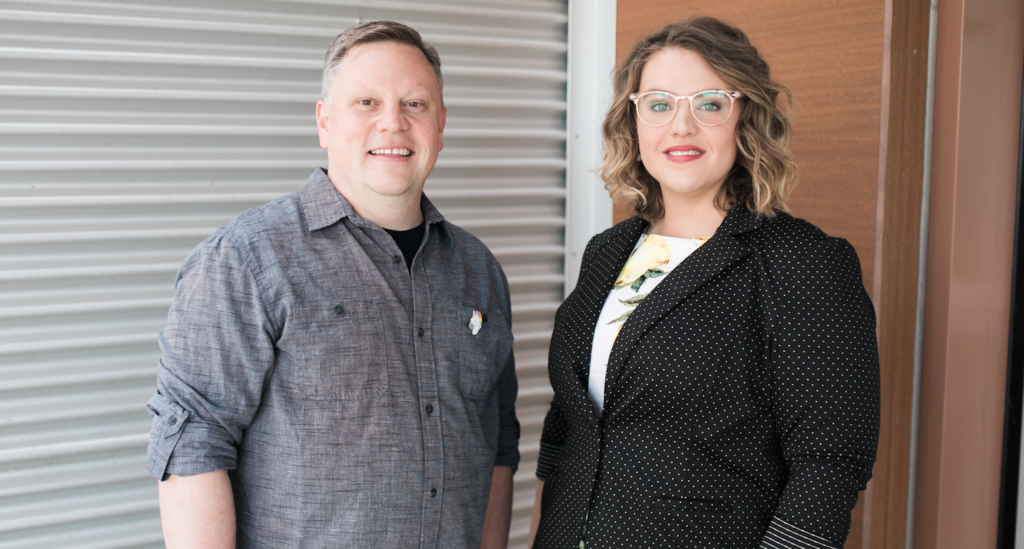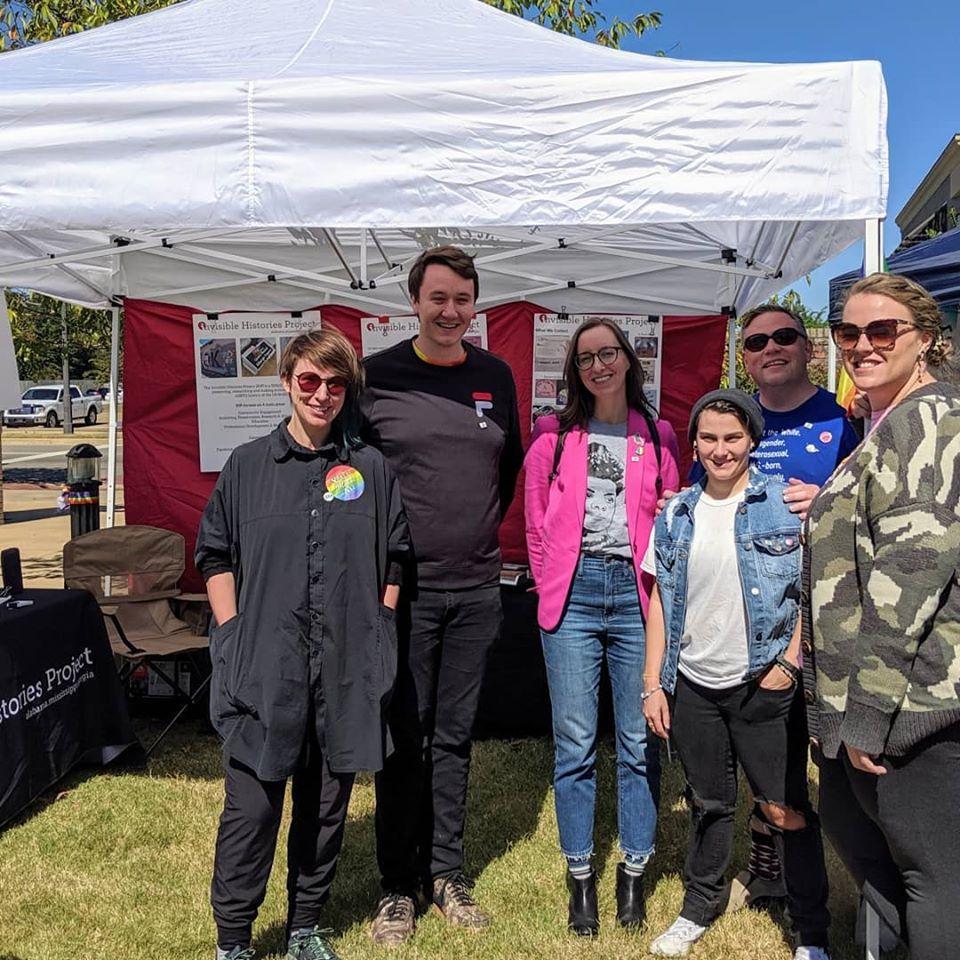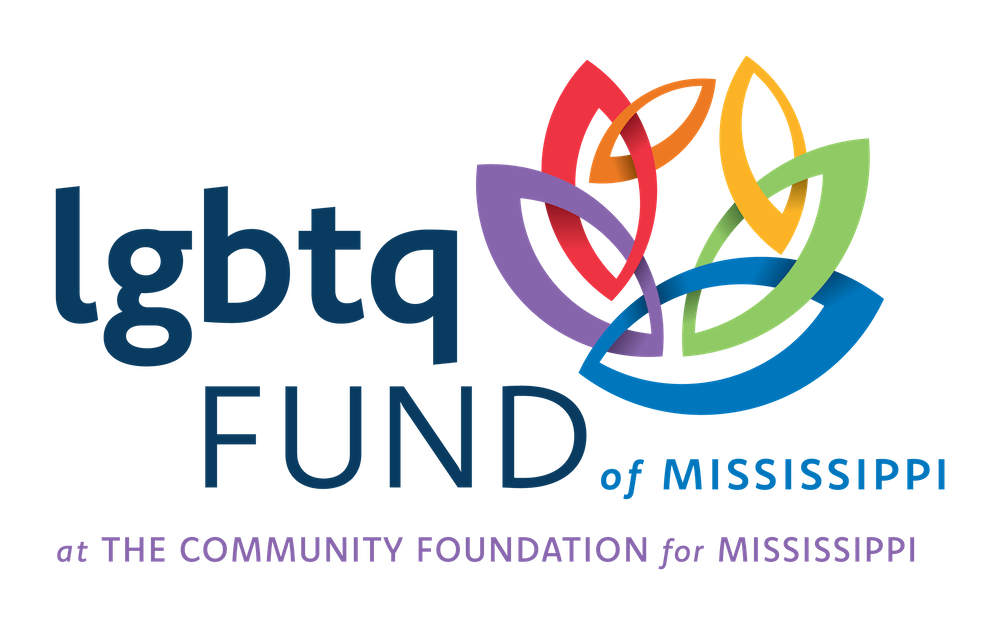Making the Deep South’s hidden LGBTQ History accessible through high-quality research and archiving.

Invisible Histories Project is dedicated to the research, location, preservation and accessibility of LGBTQ history, specifically in the south.
Based in Birmingham, Alabama and founded by Joshua Burford and Maigen Sullivan, Invisible Histories Project is a 501(C)(3) that collects and archives LGBTQ history throughout Mississippi, Alabama and Georgia. They also run Queer History South, a network and conference of over 300 people across the country who are interested in southern specific LGBTQ history and archiving.
“As we’re very fond of saying, it’s very hard to know where you can go if you don’t know where you’ve been. Learning about our history is so vitally important to our sense of self, as well as community building, organizing, and movement building,” said Sullivan.
Mississippi’s Rich LGBTQ History
“There was a feminist women and lesbian’s bookstore called Southern Wild Sisters Unlimited in Gulfport that did a ton of stuff in the 90’s. It was [getting distributed] through the entire Southeast through mail-order catalogs. They also ran the Gulf Women’s Music Festival that led to a women and lesbian’s land ownership near Hattiesburg, like a commune. We want to go down and figure out what we can find out about Wild Sisters, and this grant will allow us to do that,” said Sullivan.
Invisible Histories Project preserves materials in Alabama, Georgia and Mississippi, and they have archival repositories with different universities, museums and libraries in each state as the permanent homes of the materials they collect. They will use LGBTQ Fund grant money to better their online archives and make everything more accessible through social media.
“We believe that communities should know their own histories, and the south is left out of LGBTQ history. When we talk about it, we’re talking about San Francisco, New York, Chicago, but we’re never talking about the deep south. And we want folks to know that the deep south is full of diverse and rich LGBTQ history. We want people to see that so they can understand where they come from, and what we’ve all been doing in the south,” said Sullivan.
“We wanted to make sure that we are investing first and foremost in these states that we care about so much as a way to reclaim our own narratives, and to show that, yeah there are a lot of problems, but there are also a lot of amazing folks doing amazing work,” said Sullivan.

Planting Seeds for Future Research
Often when people go to archives now, it tends to be difficult to find information about LGBTQ history, due to things like lack of accurate categorizations or current terminology. Invisible Histories Projects works to make it easier for people to locate LGBTQ history, so that people can share it, be excited about it, and learn from it.
“If you’re deciding you’re going to do something and you’re the first one to do this sort of organizing, it’s really scary and it’s very hard. If you can look back in the past and see that people have been doing this work, that there are formats and ways and things that people have learned, then it’s much easier for you to feel confident and to learn from the past,” said Sullivan.
If you have collections or resources for southern LGBTQ history, you can archive content at home through the Invisible Histories Project’s website, email contact@invisiblehistory.org, or reach out to them on Facebook or Instagram.
“Southern LGBTQ history is real, and it’s rich, and it’s always been there. We’ve always been here, even though it looks very different, but we don’t have to measure ourselves by the east coast and the west coast. By the huge urban centers. We don’t have to use that as our benchmarks for success. Our success can be small. It can be in our households, our neighborhood. We can look back on our histories and think of ourselves currently as historic and important, in order to create our own idea of what success and movement mean. We don’t have to look outside, we can look within,” said Sullivan.
